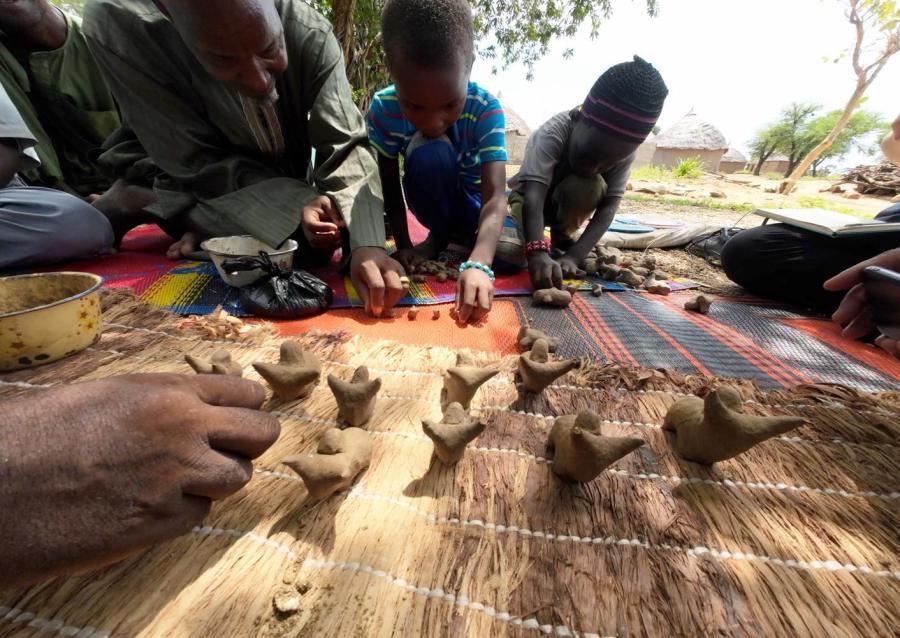
By Rayyan Musa Lere, Station Manager, Radio Liberty Kaduna, Nigeria
Radio has long been a powerful tool for informing and connecting communities and promoting community resilience during periods of health crisis, which has become even more evident in recent years. One example of radio’s effectiveness in this regard is the year-long campaign launched by Liberty Radio 91.3 FM in Kaduna, Nigeria, with financial support from Cultural Survival.
The first case of COVID-19 was reported in Nigeria on February 27, 2020. In the early days of the pandemic, the government issued directives for lockdowns and social distancing, which caused hardships for many communities. Misinformation about COVID-19 spread that the coronavirus couldn't reach and survive in Nigeria due to the warm climate; that Black people were immune to COVID-19; or that taking ample quantities of Vitamin C or bathing in warm water laced with ginger and garlic would kill the virus, among other falsehoods.
Amid this context, Radio Liberty undertook a full-fledged public awareness campaign about COVID-19, airing in-depth discussions with medical doctors, health experts, and community health workers to promote COVID-19 awareness in the community. The campaign has been successful in building strong and sustainable relationships with these key stakeholders and has helped to educate the public about COVID-19 prevention and treatment.
The campaign has been particularly effective in addressing the many misconceptions that are prevalent in the community about COVID-19 and its treatment options. People often have inaccurate information about the virus, which can lead to fear and stigma. The campaign has helped to dispel these myths and provide people with accurate information about COVID-19 in English, Kurama, Hausa, Fulani, Adara, Baju, Gbaghi, Atiyap, Kaninkon, and other local languages.
Radio Liberty conducted town hall meetings with health practitioners to generate accurate information and experiences about the pandemic and vaccines and produced several public service announcements and radio dramas in Hausa, Fulani, Kurama, Gbaghi, and Adara. By working with local health experts and community leaders, Radio Liberty developed programming that is tailored to the needs of the communities it serves.
The campaign has also been successful in promoting public health measures such as masking, social distancing, and handwashing. These measures are essential to controlling the spread of COVID-19, and the campaign has helped to increase compliance with these measures in the community. Abdullahi Hassan, a young journalist associated with Radio Liberty, says, “I learned how sensitive information is especially during the COVID-19 pandemic. I learned some media content production, [cultural sensitivity], along with skills of audio and sound selection, spot production, and mode of presentation.”
“The media can easily change and impact human life, especially in creating ways out of some communities' problems, misunderstanding, and misleading information, and also solving them,” Hassan says. The success of Radio’s Liberty campaign is a testament to the power of community partnerships. By working together with key stakeholders, Radio Liberty has been able to reach a large audience and make a real difference in the fight against COVID-19.
-- In 2022, Radio Liberty received a grant from Cultural Survival’s Indigenous Community Media Fund, which provides opportunities for international Indigenous radio stations to strengthen their infrastructure and broadcast systems and creates training opportunities for journalism, broadcasting, audio editing, technical skills, and more for radio journalists from Indigenous communities around the world. In 2023, the Indigenous Community Media Fund distributed $420,000 in grants supporting 60 Indigenous communication projects that will benefit 87 Indigenous Peoples in 20 countries.


